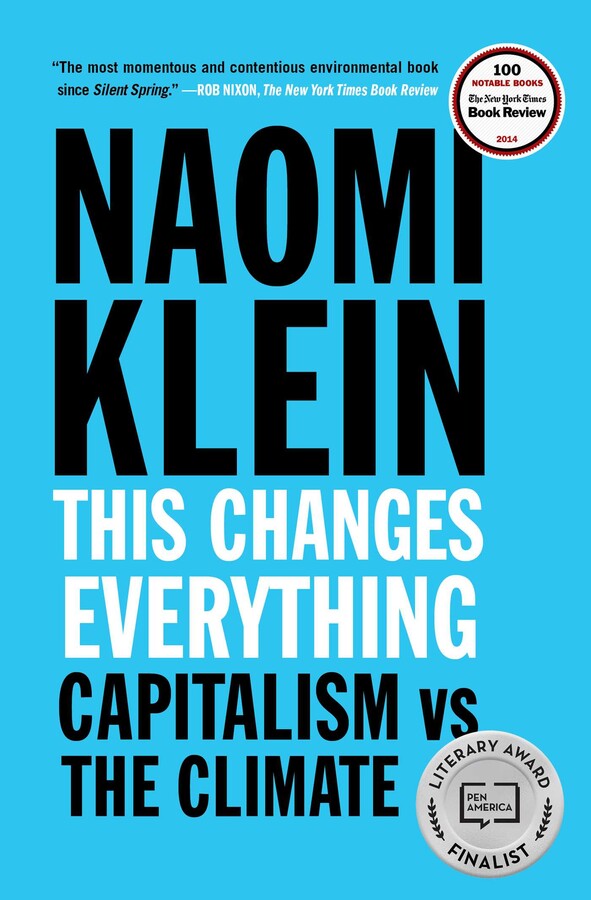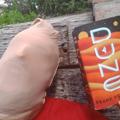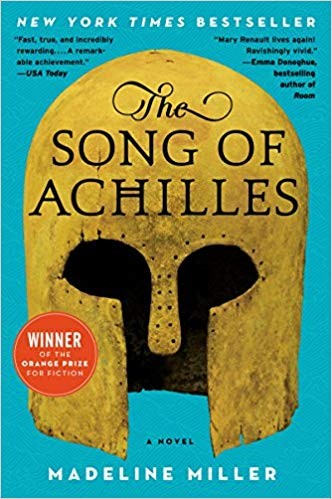roddie digital 📚 recenzis Breaking Twitter de Ben Mezrich
Breaking Reality
1 stelo
I was on a train to Edinburgh for a short break and rapidly running out of pages of Zoe Schiffer's book Extremely Hardcore. Not wanting to carry two large hardbacks with me, I'd left my copy of Character Limit by Kate Conger and Ryan Mac back home; now I was going to need something else to feed my appetite for Twitter meltdown reading material over the next few days. There was a book I'd remembered reading a particular review of citing its lack of any sort of insight but at least it was about the Twitter buyout. And it was long enough ago that I figured there was a good chance by now I'd be able to pick up a cheap paperback of it to fill the void. That book was Ben Mezrich's Breaking Twitter and, now having finished it, I wanted to write a cautionary warning to anyone else …
I was on a train to Edinburgh for a short break and rapidly running out of pages of Zoe Schiffer's book Extremely Hardcore. Not wanting to carry two large hardbacks with me, I'd left my copy of Character Limit by Kate Conger and Ryan Mac back home; now I was going to need something else to feed my appetite for Twitter meltdown reading material over the next few days. There was a book I'd remembered reading a particular review of citing its lack of any sort of insight but at least it was about the Twitter buyout. And it was long enough ago that I figured there was a good chance by now I'd be able to pick up a cheap paperback of it to fill the void. That book was Ben Mezrich's Breaking Twitter and, now having finished it, I wanted to write a cautionary warning to anyone else tempted to buy it.
Before tackling the main issue of the author being generally sympathetic to Musk, there is another major stumbling block with this book. Despite the numerous Amazon reviews praising it as well-written, it didn't take long for the alarm bells to start ringing about the style of writing. Already in the second paragraph of the prologue, Esther Crawford is introduced with the sentence, "Esther had her laptop open in the front of her, the screen casting a cone of light across her porcelain skin." This is maybe an improvement on her later being described as, "a beautiful implement, like a high-quality torque wrench or an elegantly tuned slide rule," but immediately I could tell I might struggle reading this after all. And sure enough the book is full of this overwrought, tortured prose - often each chapter starts with some laboured, unnecessary description of a character or scene (and is usually completely imagined by the author rather than being based on the actual truth) but at least sometimes, over the course of the chapter, he thankfully runs out of steam with this writing style. He also at times tries to suggest a half metaphor without actually giving it any meaning - there's a chapter where he goes on and on about squares within squares within squares but without any sort of significance or meaning. Or another chapter where he's seemingly so amazed by Musk's mother being a model that it jams his caps lock key and causes him to list out celebrity names in all caps for a couple of pages for no reason.
Maybe Mezrich's opinion of Musk at least slightly falters over the course of book (at one point he counters the suggestion that Musk is afraid of the FCC by saying that he definitely seems scared of something by the way he surrounds himself with bodyguards and his general paranoia about (and treatment of) Twitter employees) but his general admiration and repeated references to his "genius" are a bit difficult to stomach. When Musk went off on a monologue about buying Twitter to improve society and further civilisation and even talking about aliens at his first all-hands meeting, Zoe Schiffer reported engineers responding with, "what the hell is going on? I thought this guy was meant to be a genius?" Mezrich's take on the same meeting seems to be that Musk genuinely bought Twitter with intent to further civilisation and the belief that he could. Early in the book he states that Musk "knows how to tweet" yet one of his biggest meltdowns comes when he fails to grasp why his banal Super Bowl tweet ("GO EAGLES") garners less attention than the US president's which includes not only a photo but also a playful message about being deferential to his wife. We're also unfortunately subjected to a load of Musk's tweets from a World Cup match which fail to offer much more interest than the incredible insight of "GO EAGLES".
Perhaps the most egregious example of fawning comes when describing a video call where he says Musk, if he wanted to, could the see the code of the video-streaming software for the webcam flowing down the screen as if he were a character in The Matrix (no, seriously). And in the chapter about the stalker following Grimes, he forgets to mention that there was no evidence of @ElonJet@mastodon.social being used by this person and Mezrich seems to think that all the action taken (banning Jack Sweeney, journalists critical of Musk/Tesla, links to Mastodon etc) was done out of genuine fear for his son's safety rather than it rather obviously being an excuse to silence people and accounts he didn't like. Hilariously, at the end of the book, there is a tweet from 20 Dec 2022 saying Musk will "just run the software & servers teams" after the appointment of Linda Yaccarino as CEO. This paperback was published in June 2024 but it was probably already apparent even when the hardback was published in November 2023 that the new CEO was just for show and that Musk was still fully focused on using Twitter as his own plaything rather than running the "software & servers teams."
The only saving grace of this book is that it's hilariously bad enough to at least be entertaining ironically. If you are looking to spend money on a book about the Twitter takeover that is actually well-written and insightful then I'd highly recommend reading Extremely Hardcore instead.







